Considering a ground source heat pump? The disadvantages and problems to know about
Ground source heat pump disadvantages explained. They cut our reliance on fossil fuels, but they’re not right for all
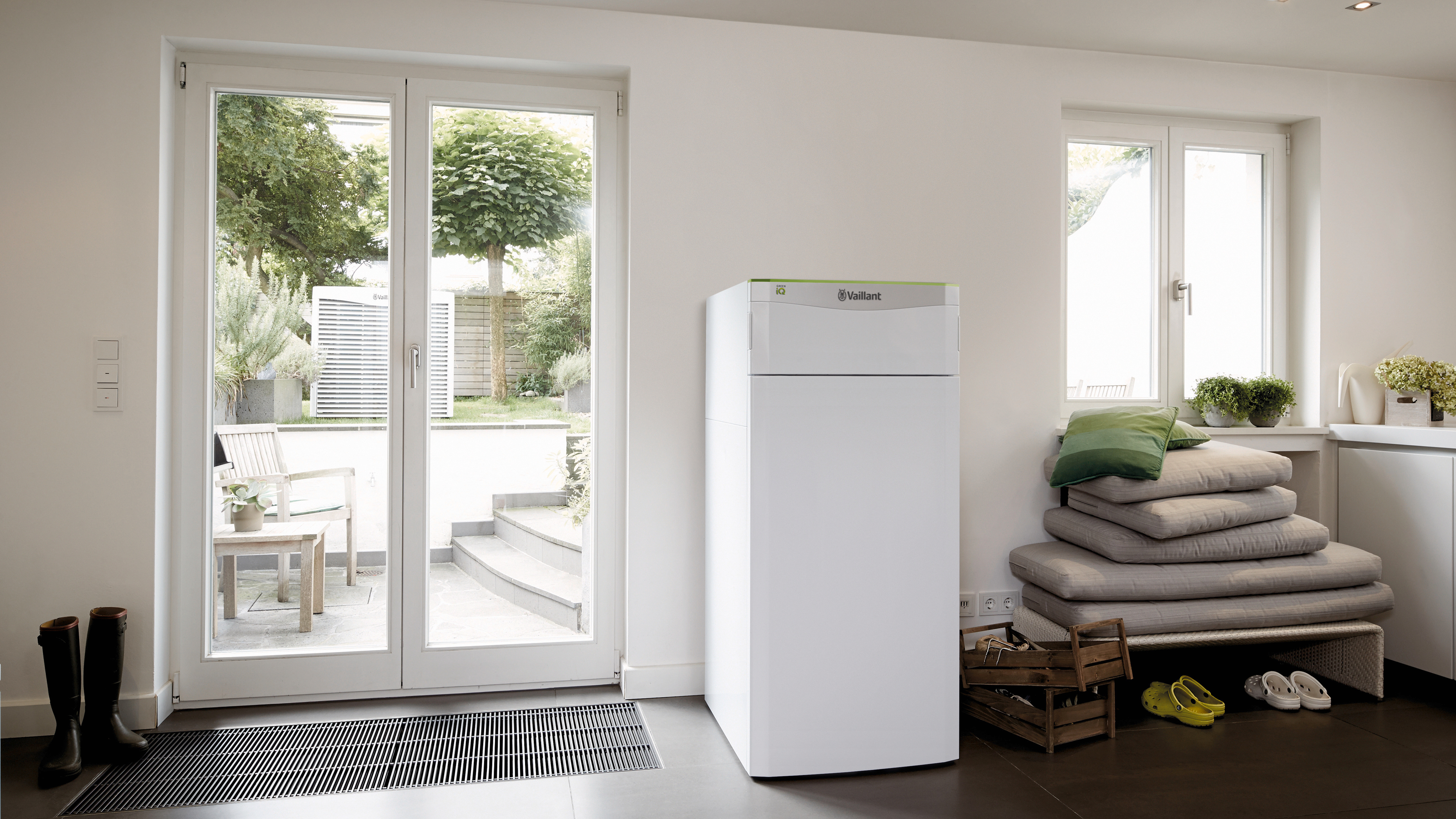

Considering ground source heat pump disadvantages? Heat pumps are a popular option with energy prices rocketing and the climate emergency front of mind. Now is a good time to save energy and stop using fossil fuels.
However, there are disadvantages and problems with ground source heat pumps, so it’s worth doing your homework before investing.
A ground source heat pump replaces your boiler and handles your hot water and central heating needs. And they are an investment. Even after taking into account the higher Government heat pump grants of £6,000, they cost more than an air source heat pump and more than a new boiler. But they’re very efficient and, done right, you can cut your carbon emissions and your energy bills for years to come.
It’s essential to start with a quote from an installer certified by the Microgeneration Certification Scheme (MCS) to get a grant. This should give you a clear idea of heat pump cost and savings, plus valuable consumer protection for peace of mind. The MCS has a complaints process and insurance provision for work undertaken by registered installers.
Ground source heat pump disadvantages
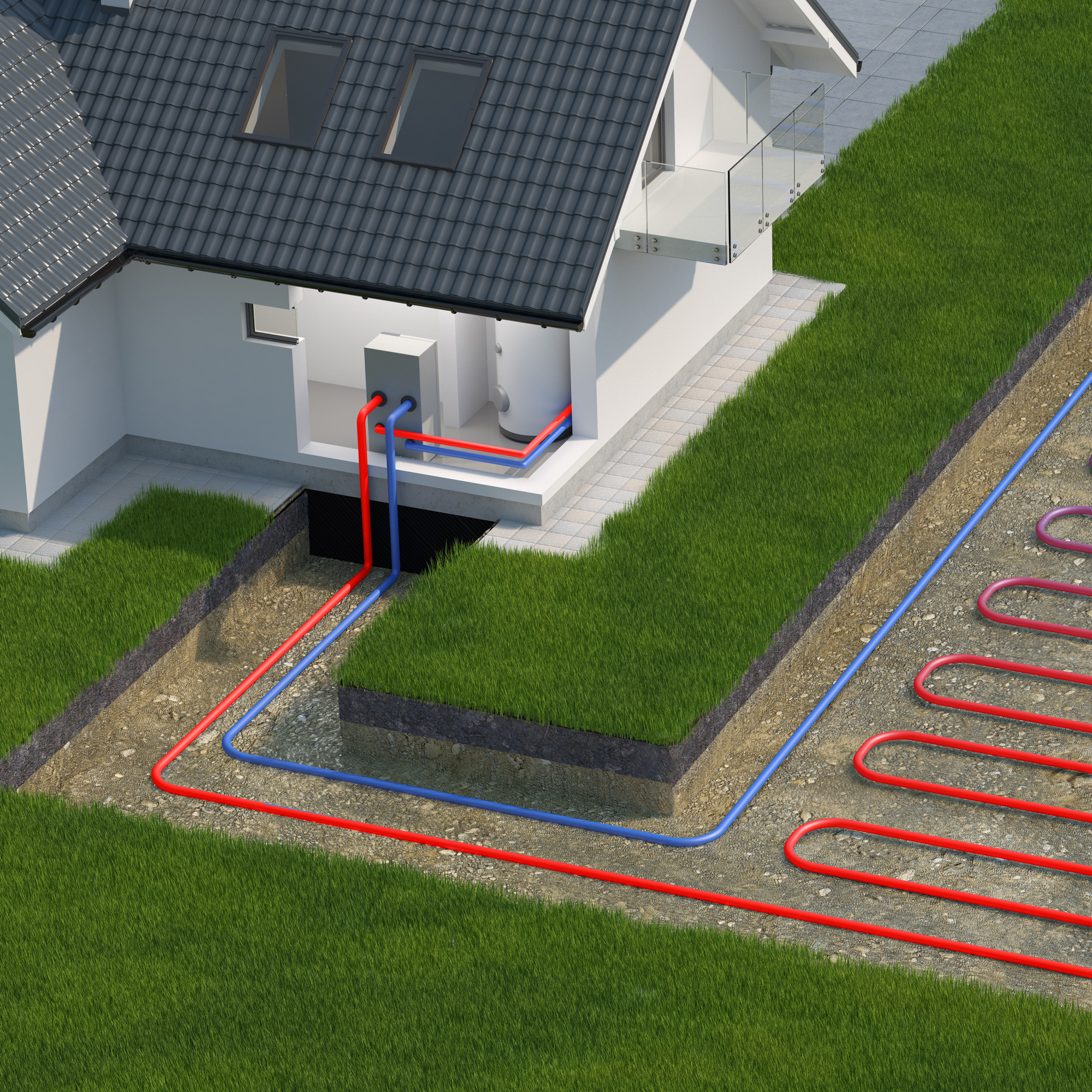
1. High installation costs
Ground source heat pumps use a system of pipes, buried in the garden, to transfer heat energy from the ground into the home. Installing a ground source heat pump costs considerably more than air source heat pump installation because of the groundworks (digging).
Even after taking into account the higher grant of £6,000, they cost more than an air source heat pump. But they’re more efficient because the ground temperature is more consistent.
2. Need lots of outdoor space
‘They require either significant ground works and a large area of land to lay the ground loops, or a much more expensive borehole,’ says Kathryn Warren, Associate Director of Ricardo Energy and Environment business unit, who has a ground source heat pump herself.
With a ground loop, the long pipe that contains refrigerant, to collect heat from the ground, is laid in trenches 1m below the surface. This is disruptive over a large area.
With a borehole, the pipe is installed in a narrow, vertical hole instead, drilled up to 200m deep. This is even more expensive but it takes up less space.
3. Disruptive to install
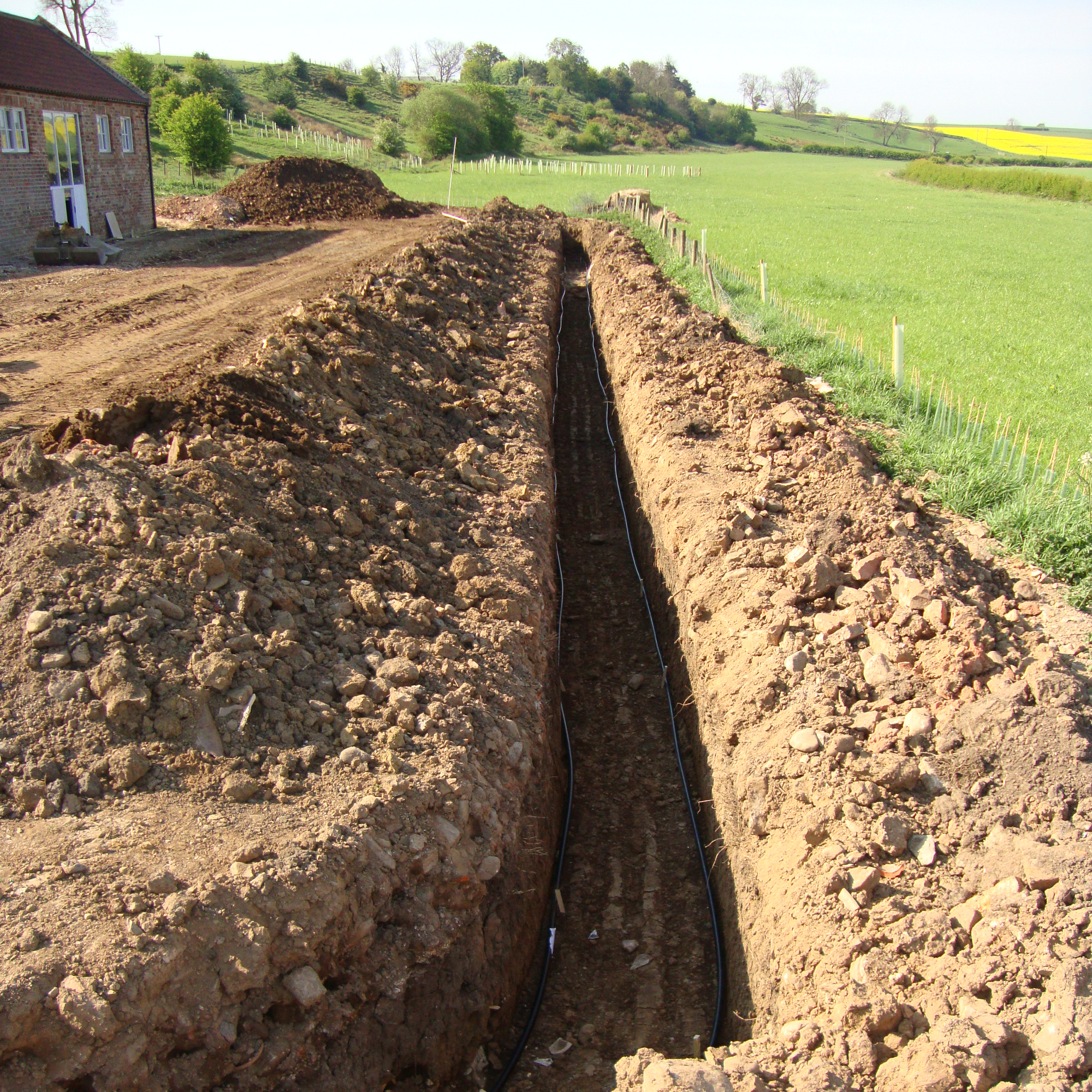
You need accessible outdoor space for a digger, this is not a job for a shovel. Beyond the groundworks, installation is no more disruptive than an air source heat pump. Note that you need space indoors for a hot water storage tank as well as the pump.
‘The main disruption is the groundworks,’ says Kathryn Warren. ‘In our case we had four 75m trenches dug in our field. This took around two weeks.’
4. They’re bulky and loud
‘Our ground source heat pump is much quieter than our previous oil boiler,’ says Kathryn Warren. ‘It is the size of a large fridge. You do need to have space for a hot water cylinder and a thermal store for the space heating, so it’s true that you will need more space than your old system.’
5. They may not work with your existing radiators
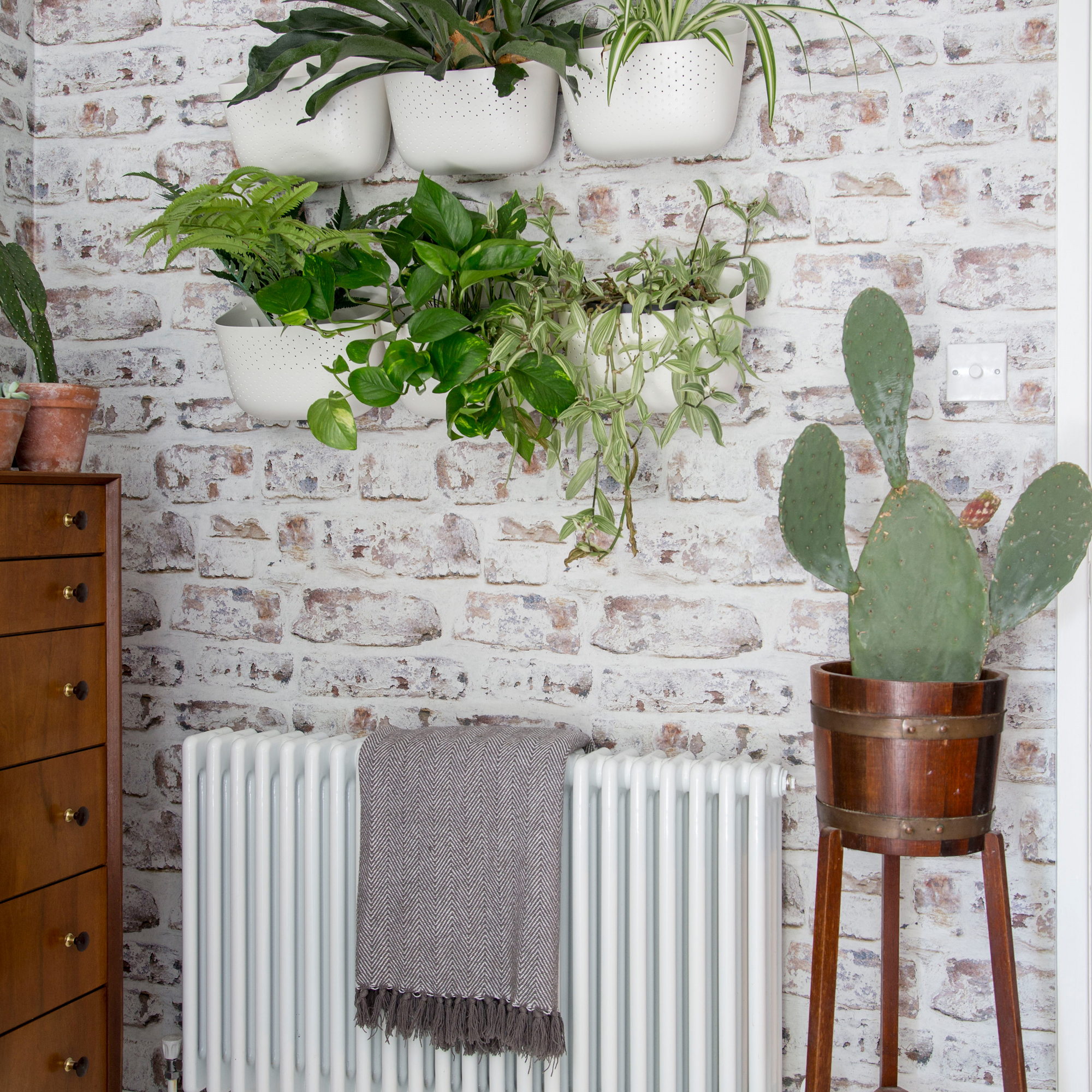
‘Your installer will advise if existing radiators will need to be changed,' says Kathryn Warren. ‘In our case, we changed two radiators to larger ones, the rest of the house had underfloor heating. It is a myth that heat pumps will not work with radiators – they do – however, it will be less efficient than underfloor heating as higher temperatures are required for radiators and so the heat pump has to work harder and will require more energy.’
6. They won’t save you much money at first
This depends on the system you’re replacing. So if you currently have direct electric heating or live off the gas grid, with an oil-fuelled boiler, savings should be higher.
When considering heat pumps vs gas boilers, savings will depend on future energy prices. Heat pumps use electricity and are incredibly efficient: 500% or more, providing 5kW of heat for every 1kW of electricity. Whereas even a new gas boiler is about 90% efficient, producing less than 1kW of heat per unit of gas.
But you won’t save a fortune on utility bills straight away because gas is cheaper than electricity. At the time of writing, electricity costs around four times as much as gas. Your energy bills should go down a little at first then.
In theory you’ll save more in future. Gas is a finite resource (and a fossil fuel), so its price is likely to rise further. Meanwhile electricity prices should be stable and ultimately go down as we get ever better at generating it from sun, wind and waves. But frustratingly, electricity prices are currently coupled to gas prices. That needs to change as we increasingly turn away from fossil fuels and towards renewable electricity.
Ground source heat pump problems
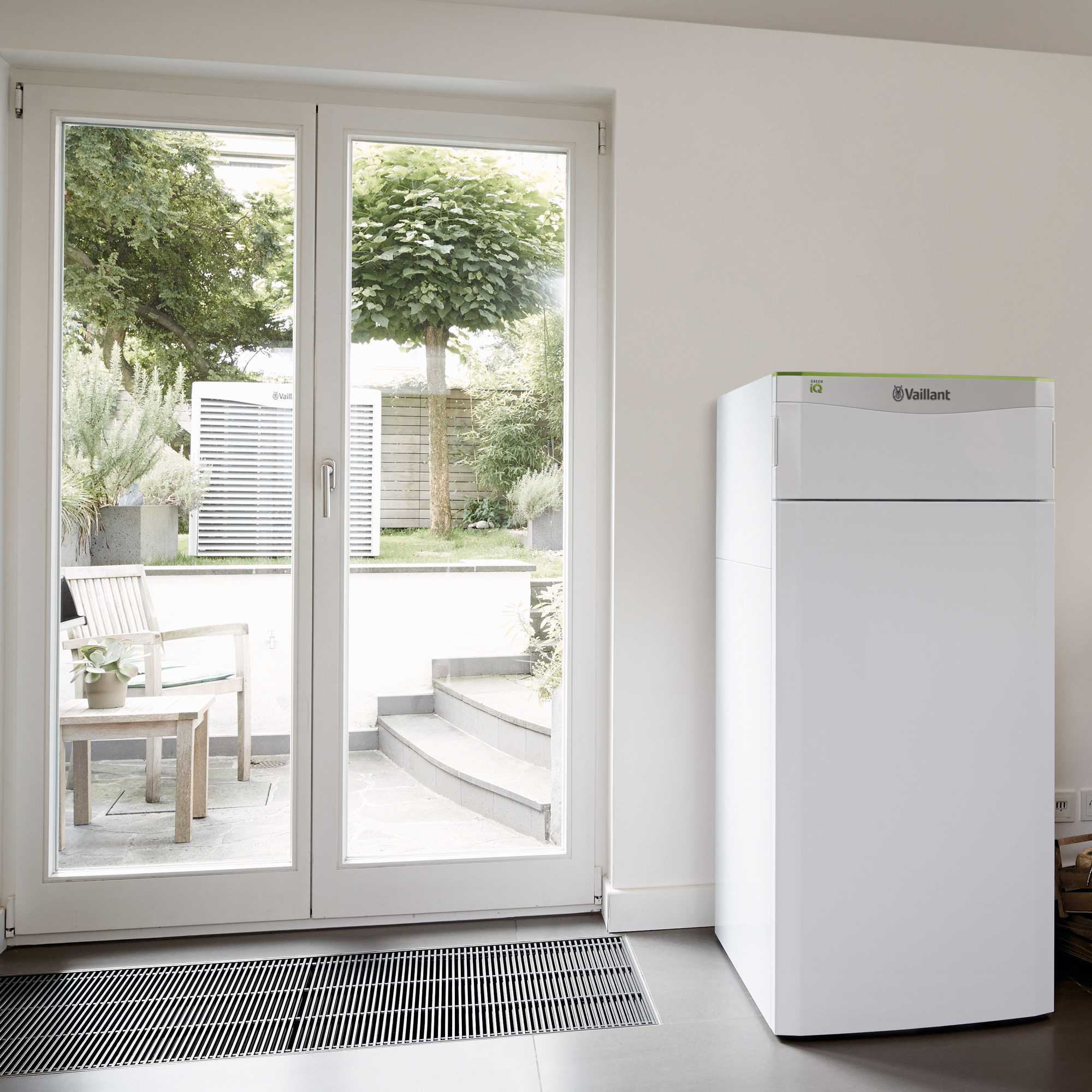
1. My ground source heat pump was poorly installed
Always choose an MCS-certified installer and check the length of the warranty as some are as long as 5 years.
If you feel that workmanship is subpar, ask the installer to return until you’re satisfied. If you can’t resolve things, the MCS has a complaints process and insurance provision for work undertaken by MCS-registered installers, for peace of mind.
‘My advice would be to seek out a reputable installer in the first place,’ says Kathryn Warren. ‘Do your research, and ask for references as well as the necessary accreditations. When we installed a ground source heat pump, we opted for a company that had been around for more than ten years, and had won awards. A good installer should return if there are any issues following commission, and should have designed the system appropriately in the first instance.’
2. My ground source heat pump isn’t generating enough heat
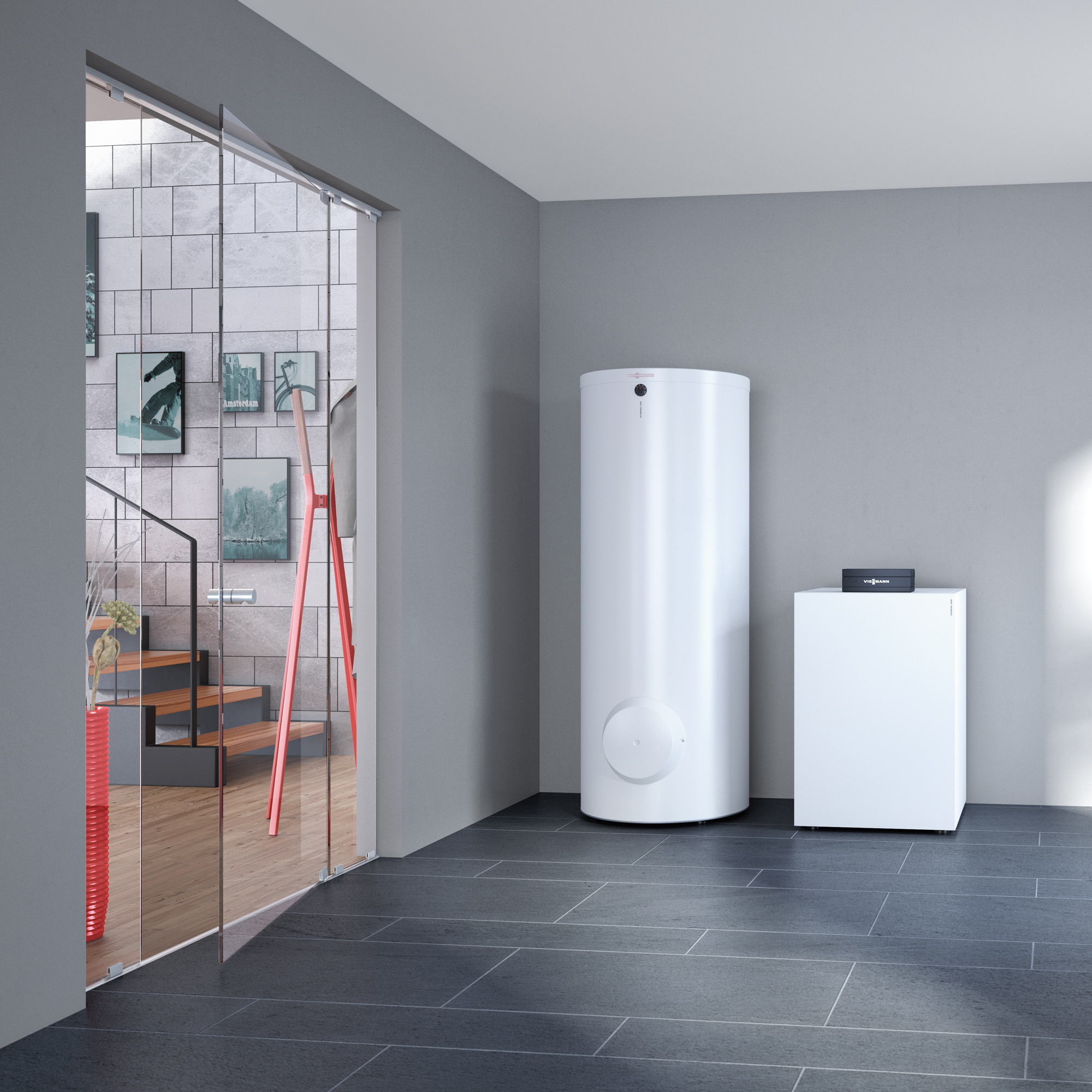
Speak to your installer. They should have designed a system capable of heating your home to the temperatures that you want. They may simply need to return and fine-tune the setup.
Hugh Jones, product manager at Viessmann, highlights some common-sense actions to check first: ‘It sounds obvious but are people within the house leaving windows open? Are they expecting the heat pump to heat up the house too high, too fast, instead of keeping it running efficiently at a lower temperature for longer to heat up the house?’
Heat pumps tend to operate at lower temperatures than boilers, so they work best at keeping your home at a steady minimum temperature. You can still set the system to warm your home at key times morning and night, but no more 'boom-and-bust' of scheduling radiators to be hot a couple of times a day and off the rest of the time. If you’ve programmed your ground source heat pump system like it’s a boiler, it will take so long to warm up that the result will be a home that’s too cold.
Again use the MCS complaints process if the installer can’t get the system to work well enough and you suspect that it was poorly designed.
‘The pipework design and installation of the ground array is crucial, affecting the system’s performance and efficiency,’ says Steve Alldritt, Technical Director at Energy Efficiency at City Plumbing. ‘If the collector array is undersized for the size of the heat pump, the system will have to work very hard to try and produce enough heat. This in turn can cause too much heat to be taken out of the ground and cause the earth around the array to freeze.’
3. My energy bills aren’t getting cheaper
Assuming you’ve checked that the heat pump is installed correctly, if your utility bills are higher than expected, it could simply be because unit prices have risen. But the cost of all energy will have risen, so your heat pump is still saving you money when you compare it with a boiler.
Kathryn Warren says that, even with the increased cost of electricity, her ground source heat pump has saved her around £2,000 in the last year, compared with the previous oil-fired boiler.
4. My ground source heat pump is hard to access for maintenance
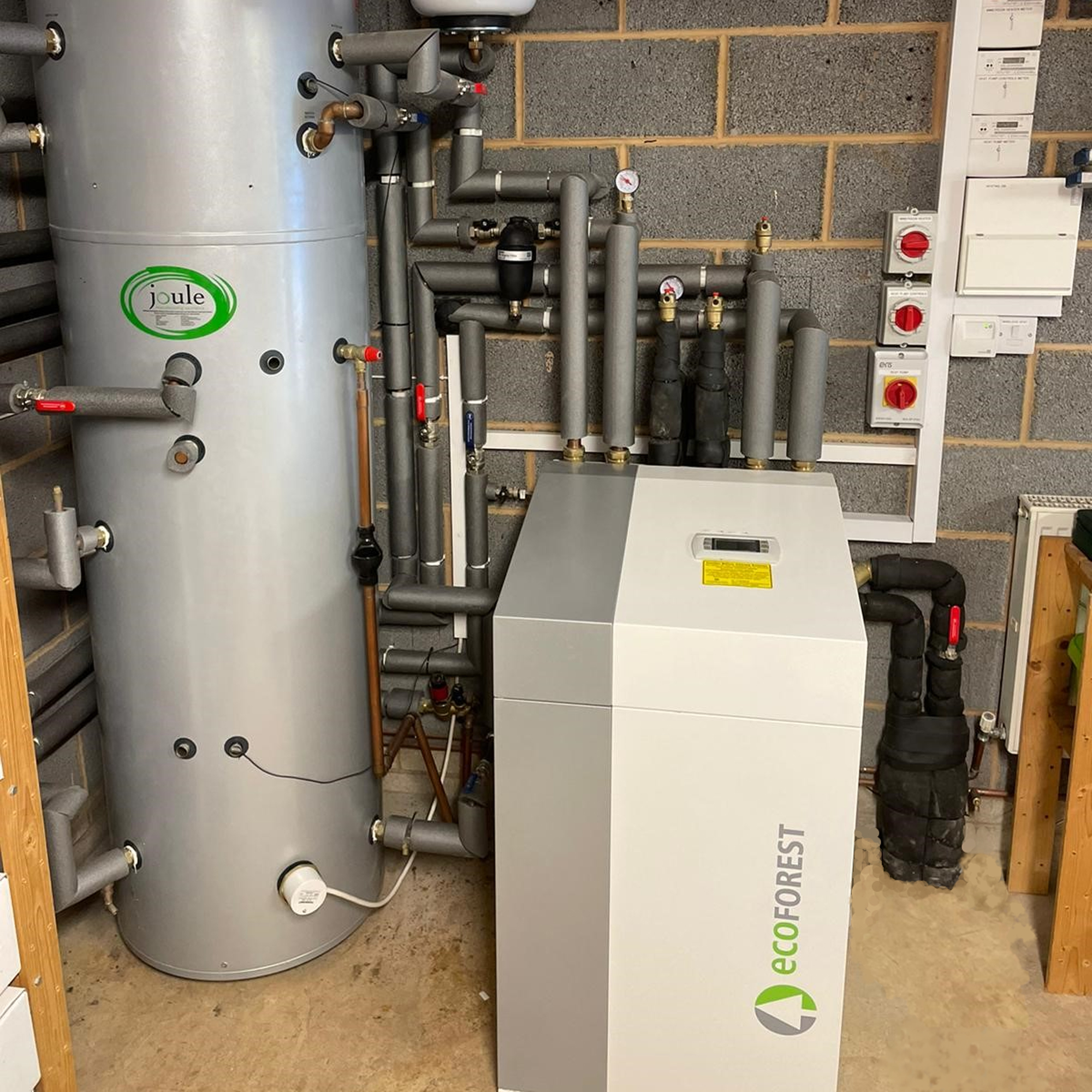
It's important to annually service a heat pump. Although some equipment is buried underground, Kathryn Warren says this is unlikely to present a problem.
‘The ground loop does not require access, other than at the manifold when pressure checks are made during annual maintenance,’ she explains. ‘The heat pump itself is likely to be located in a plant room or garage.’
Get the Ideal Home Newsletter
Sign up to our newsletter for style and decor inspiration, house makeovers, project advice and more.

Caramel Quin is an award-winning journalist and professional nerd who tests technology for newspapers, magazines and online. She has written for Ideal Home since 2012. She prides herself on real-world testing and translating geek speak into plain English. Her pet hates are jargon, pointless products and over-complicated instruction manuals.
-
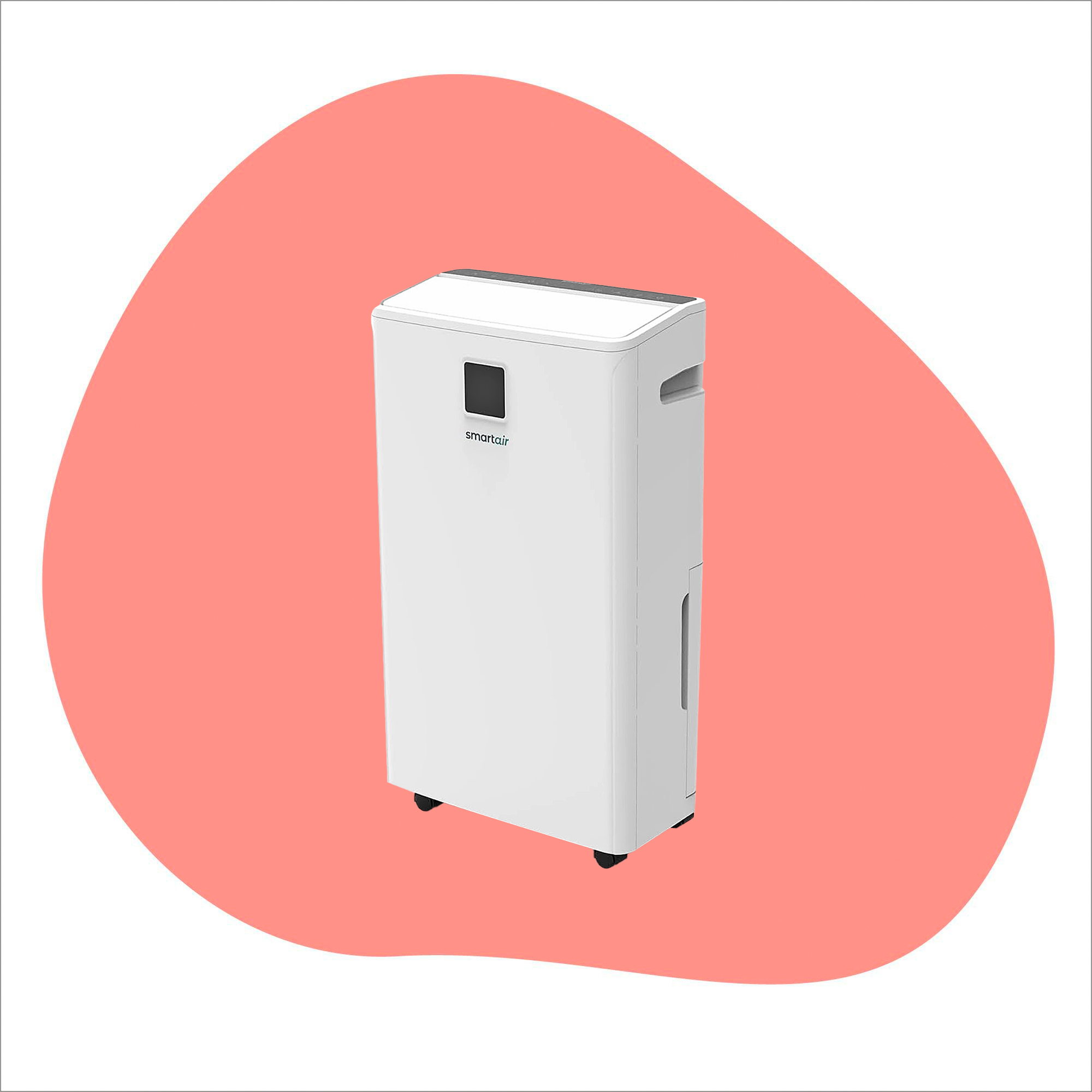 I tried out this neat little dehumidifier for a month – it dried my laundry in half the time
I tried out this neat little dehumidifier for a month – it dried my laundry in half the timeThe 20L SmartAir Dry Zone dehumidifier tackled my laundry drying woes head on
By Jenny McFarlane
-
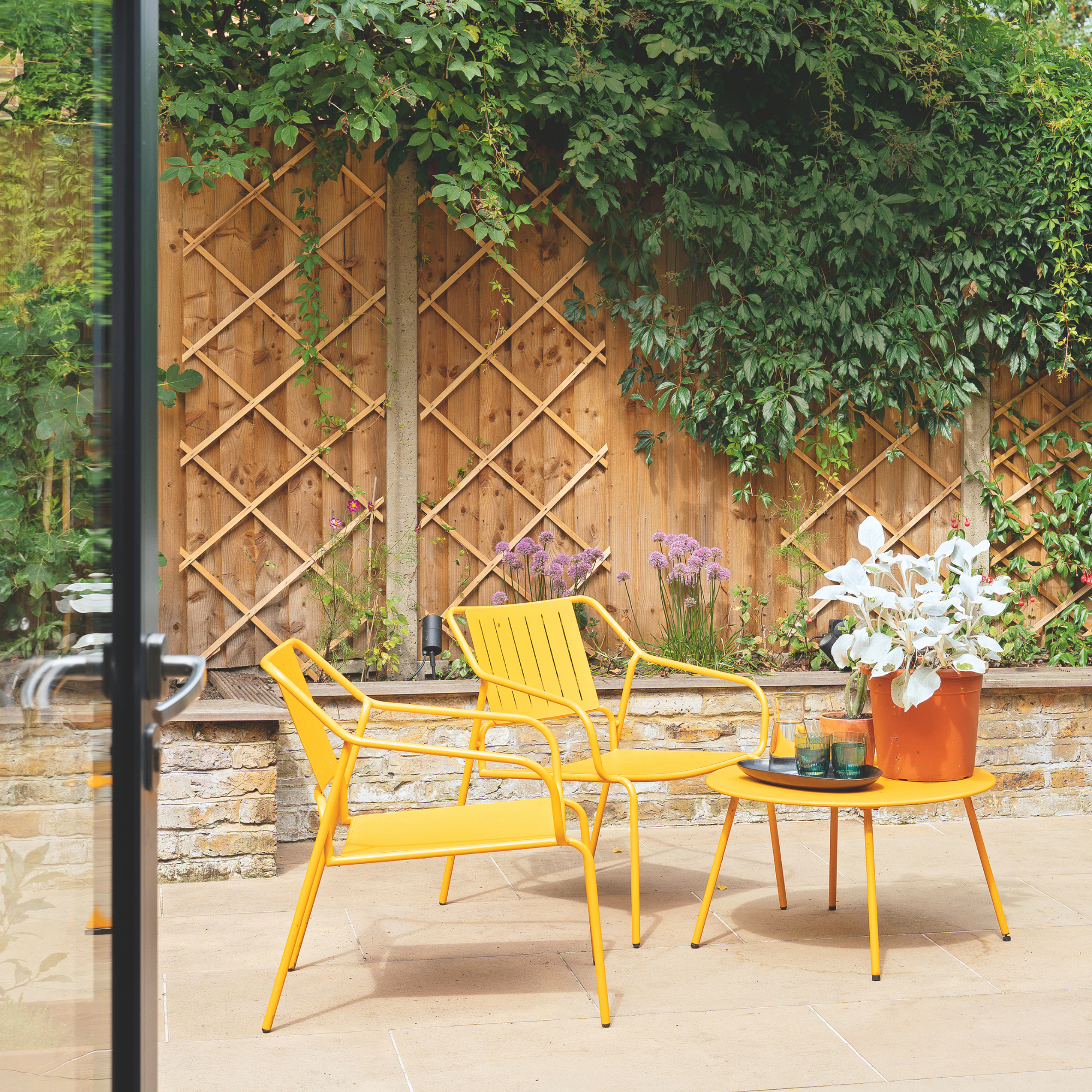 I’m seeing pastel garden furniture at all my favourite brands this spring, but QVC’s sorbet collection impressed me the most
I’m seeing pastel garden furniture at all my favourite brands this spring, but QVC’s sorbet collection impressed me the mostFresh pastel shades are a great way to liven up your outdoor space
By Kezia Reynolds
-
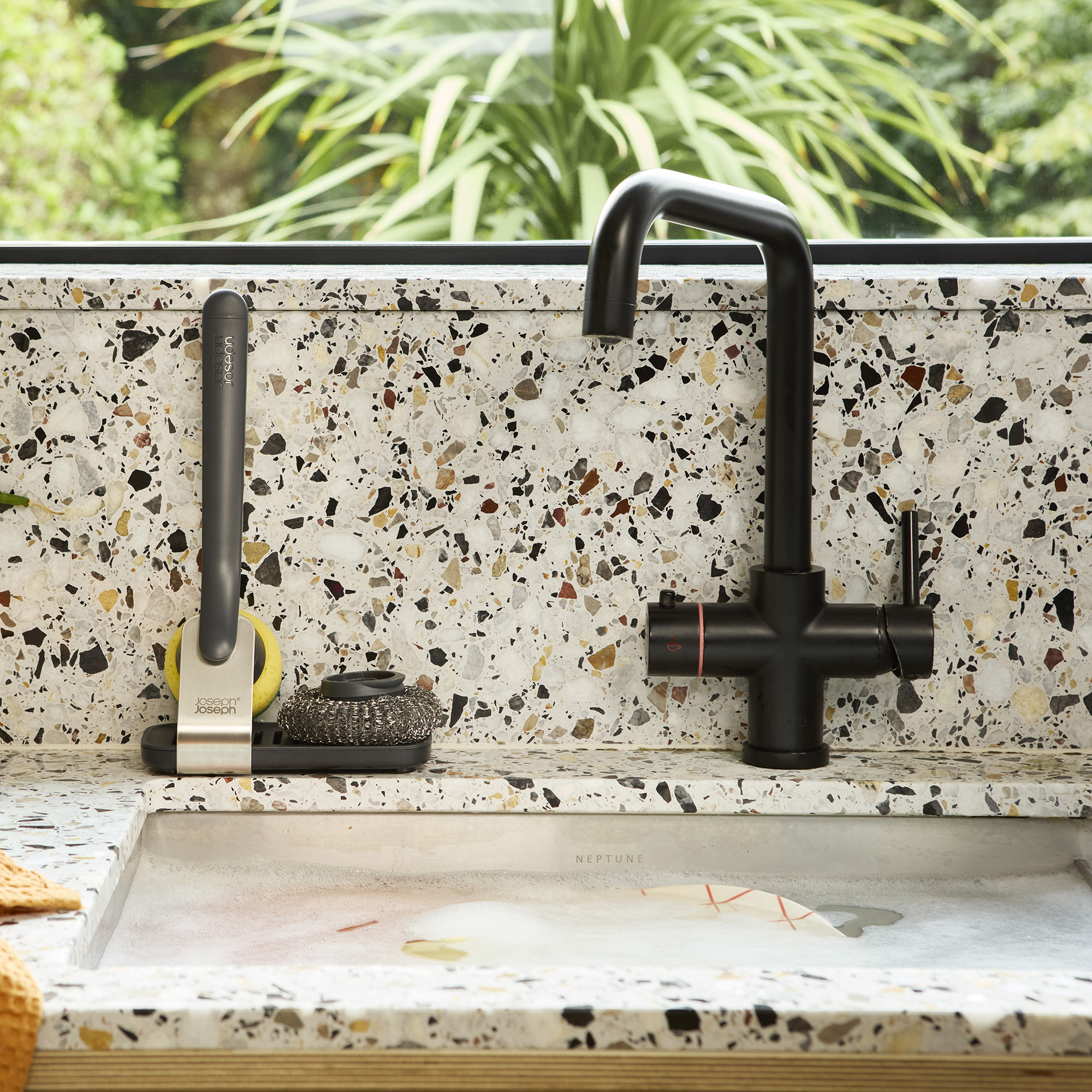 Don't tell my flatmates, but Joseph Joseph's clever new sink range finally made me enjoy washing up
Don't tell my flatmates, but Joseph Joseph's clever new sink range finally made me enjoy washing upI didn't know stylish washing up accessories existed until I saw this collection
By Holly Cockburn